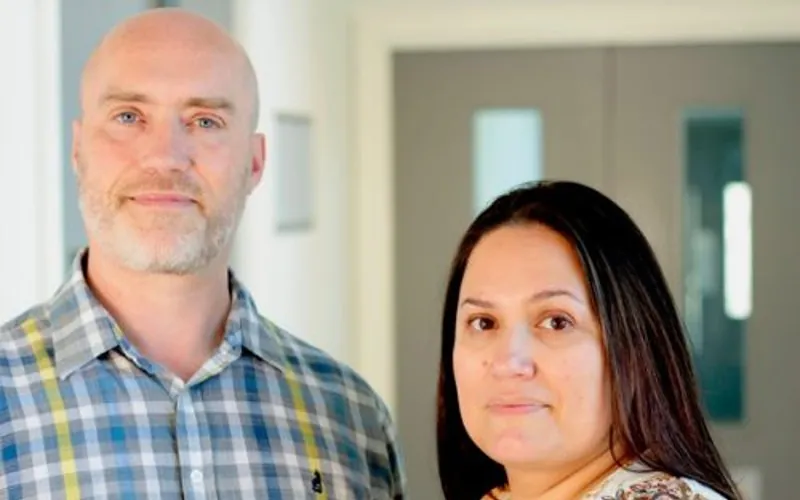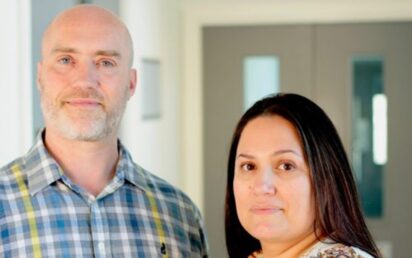Corporate training has a poor reputation – but Near-Life is looking to change that.
The Bolton company began life as an interactive video platform for learning and development after co-founder Mike Todd, who had a background in media production and international development, spotted a gap in the market.
“Years ago I was on the secondment register of international experts for the UK government – a list of people who could be deployed at short notice to support various efforts,” he tells BusinessCloud. “An example of this now might be the war in Ukraine.
“In order to be on this type of register, you have to do hostile environment awareness training. It was an immersive simulation exercise, over five or six days, where you would be thrown into real-world situations – landmines, triage, treating people – and given a realistic experience of the worst-case scenario.
“It was a lot of expense for the government and other people spending in this space… it just made me think that perhaps there was an opportunity to take this into the digital space and have these immersive experiences alongside a game-like approach.”
The pilot project took the form of an interactive video. “It was basically a choose-your-own-adventure game,” says Todd, who co-founded the business with Geseth Garcia. “You might be approaching a checkpoint, treating someone in an emergency situation or negotiating access to a village to provide medical supplies in order to gain trust.
“You would make a decision in that scenario and the story would branch off from there.”

Immersive technology
As immersive technologies have matured, Near-Life has integrated these into its platform with grant support from Innovate UK and its partners GC Angels, plus further funding from the Northern Powerhouse Investment Fund, managed by Maven Capital Partners.
It began with an interactive VR learning pilot based around an emergency field hospital scenario and evolved further with CREATOR+ – a no-code authoring tool which allows clients to create content themselves.
Branching, complex, gamified storylines boost engagement while knowledge retention increases by as much as 90%, according to Todd. He adds: “There are so many spaces where this type of simulation approach can work that we thought ‘how do we make this easy for people?’ It is difficult and time-consuming to create this type of learning.
“The seed funding allowed us to develop the technology whereby not only could we help support these projects, but rather create a software product that made it easy for people to design and build their own interactive experiences in-game.
“It’s rooted in game design principles – allowing people to set scores, achievements and conditions.”
Global user base
CREATOR+ is used by more than 100 educators, learning professionals and other content creators in more than 12 countries. It has grown subscribers by more than 100% over the last 12 months and integrated with the likes of Moodle, the biggest learning management system in the world. “We have a global footprint even though we are still a growing company,” says Todd.
Earlier this year, Near-Life featured in the top 10 of our EdTech 50 innovation ranking. The latest version of its tool, which makes interactive and immersive content authoring even simpler, was then revealed by Todd at the Learning Technologies Conference in London.
Introducing Near-Life CREATOR+ from Near-Life on Vimeo.
“I’d say corporate learning is probably still the main use case,” says Todd. “Universities are the second most popular space for us, while we’ve started to see our first users in education as well – people have created exercises around chemistry, anti-bullying…
“We’ve seen it used for onboarding in HR, where new staff learn about a company’s culture or have an interactive interview with the CEO. And freelance designers use us to create content for clients.”
EdTech 50 – UK’s most innovative education tech creators for 2023
He adds: “We’re hoping, if we can continue the right way, to raise additional investment in the next financial year to boost the scaling process we’re going through.
“We’re seeing interest growing in this space: during the COVID pandemic, one of the big sectors that people looked to was remote learning. People started to find us – we were part of the answer that many people were looking for.”

